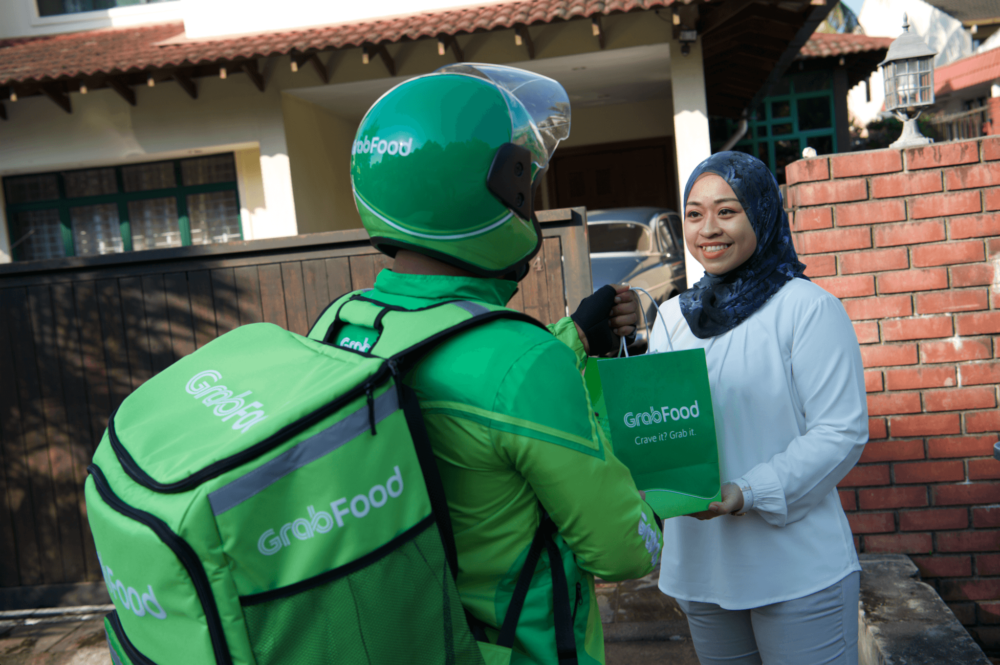SoftBank wants its portfolio company Grab to seal a merger with rival Southeast Asian ‘super app’ Gojek as quickly as possible, reports have suggested.
According to Bloomberg, SoftBank CEO Masayoshi Son is “stepping up pressure” on Grab co-founder and CEO Anthony Tan to work out a “ceasefire” with his counterparts at Gojek.
The two regional giants — both of which started out in ride-hailing before diversifying into food delivery, e-grocery, digital payments, and other services — have reportedly been discussing a combination deal since late last year.
Big-name investors on both sides of the table — including Google, Microsoft, Facebook, Tencent, Uber, KKR, Warburg Pincus, and Son’s SoftBank, to name just a few — are keen for the two archrivals to bury the hatchet in order to focus on growth and profitability.
However, negotiations are said to have foundered on prospective terms. Tan is rumored to be pushing for a deal which would see Singapore-based Grab effectively acquire Gojek and run its Indonesian business as a standalone brand, with Gojek’s operations in other Southeast Asian countries brought under the Grab banner. This arrangement would also likely dilute less of Tan’s own shareholding in Grab.
Jakarta-based Gojek and its backers would prefer a more even merger, with both companies combining their operations throughout Southeast Asia, and Gojek’s shareholders getting a bigger interest in the combined business.
Son is reported to favor the latter outcome, according to sources quoted by Bloomberg.
Battleground Indonesia
Starting out with ride-hailing in Malaysia in 2012, Grab rapidly expanded to multiple Southeast Asian countries and now offers myriad services including meal and grocery deliveries, financial services, and hotel booking.
In early 2018, it acquired Uber’s regional operations – including meal delivery app Uber Eats – with the US company getting a 27.5% stake in return.
Since launching a motorbike-hailing service in 2010, Gojek has remained heavily focused on Indonesia. It began to foray into foreign markets in late 2018, and has set up operations in Singapore, Thailand, and Vietnam since then — offering food delivery in the latter two — with further expansion into Malaysia and the Philippines on the cards.
Gojek was the first of the two competitors to introduce restaurant deliveries, trialing its GoFood service in 2015 as a way for its motorbike drivers to earn additional income. Grab followed with GrabFood a year later.
According to Gojek, GoFood generated $2 billion in annual transactions volume last year, making it the company’s second largest business unit after its payments and financial services platform GoPay.
Last September, Gojek claimed that GoFood held 75% market share in Indonesia, based on “internal research,” while Grab claimed close to 50% market share in the country.
Merger becomes “less likely”
Aside from shareholders’ differing views on what form a merger should take there are other, external obstacles to a deal that ought to be considered, says Angus Mackintosh, an analyst at CrossASEAN Research publishing on Smartkarma.
“Quite apart from the fact that Gojek has only recently received investment from Facebook and Paypal, the company is also viewed as a national champion in Indonesia, with high-profile [local] shareholders [who could object to a deal] under which Grab may come out on top being the bigger company currently, in terms of recent valuations,” he says.
Given that, Indonesian antitrust regulators could also throw a spanner in the works. Moreover, some reports have suggested that Chinese tech giant Alibaba is mulling a $3 billion investment in Grab, which could further change the lay of the land with regards to a deal.
“It would seem this ride-hailing mega-merger becomes less likely should Alibaba take a stake in Grab,” Mackinstosh added. “One plan apparently under discussion is to integrate Grab’s delivery network into Lazada [the Singapore-based e-commerce group which includes e-grocer RedMart] where Alibaba has a controlling stake, giving Grab access to a wider network of consumers [and allowing] Lazada to tap into Grab’s high-frequency user base, boosting its user growth. Lazada has been facing tough competition, especially in Indonesia.”
Portfolio rebalancing
SoftBank was one of the world’s leading agrifoodtech investors in 2019 according to AgFunder research [Disclosure: AgFunder is AFN’s parent company], investing both directly and through its multibillion-dollar Vision Fund.
The Japanese tech giant was joint-fifth most active investor last year by number of deals alongside Blume Ventures, Omnivore, and Data Collective. It was lead investor for Colombian on-demand app Rappi’s $1 billion Series E raise in April – the largest agrifoodtech startup round globally last year – while also pumping $940 million into US logistics startup Nuro and participating in a $220 million funding for Indian e-grocer Grofers.
Last week it upped its stake in Plenty, leading the US vertical farming startup’s $140 million Series B round alongside fruit company Driscoll’s.
SoftBank’s vast (and expensive) investment portfolio ran into trouble earlier this year, with Son admitting that he expected a $24 billion loss on his company’s startup bets as Covid-19 took hold. Since then, SoftBank has sought to put cash in the bank by streamlining assets – including substantial divestments from its stake in Alibaba.
Got a news tip? Email me at [email protected]





